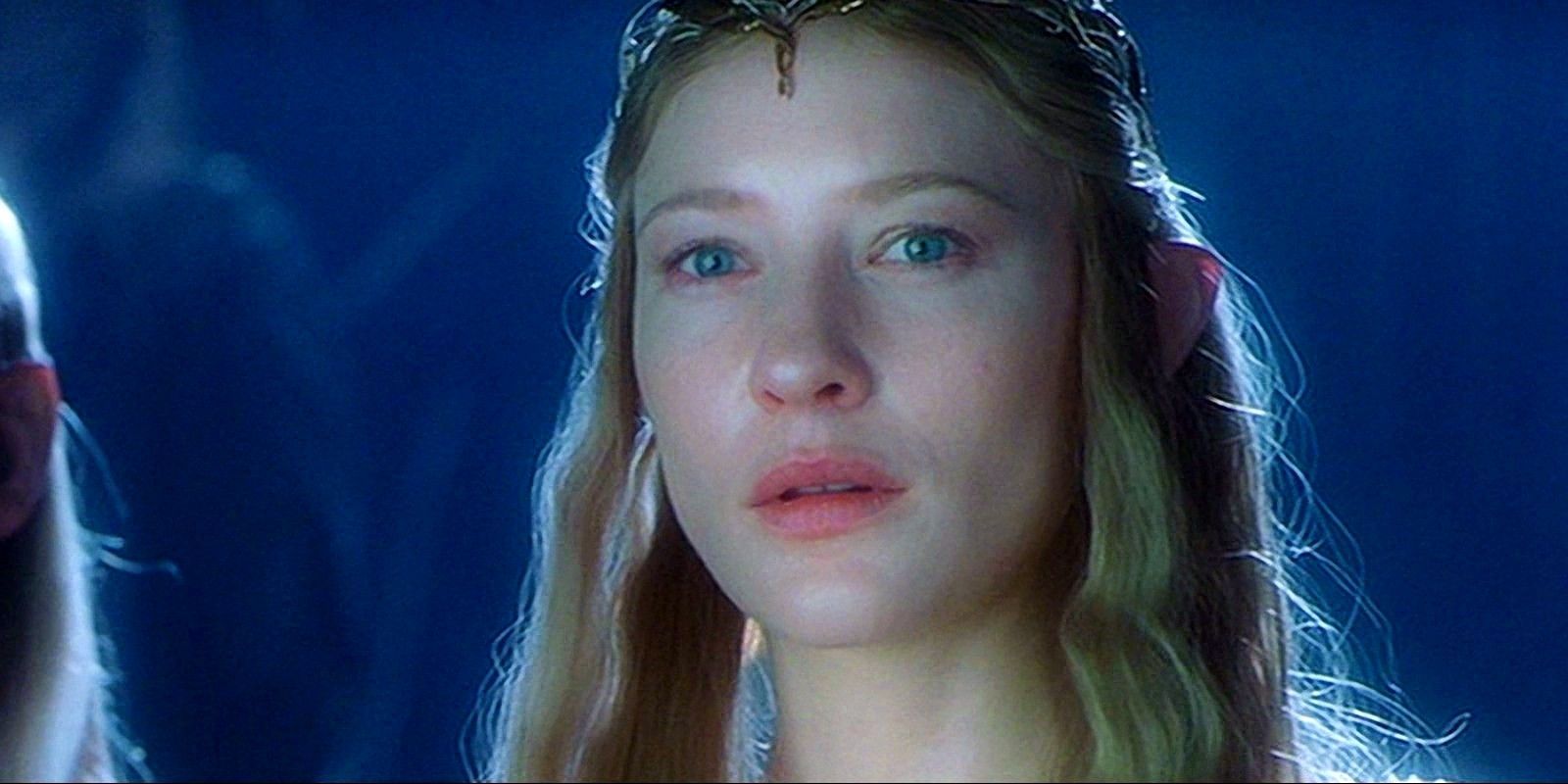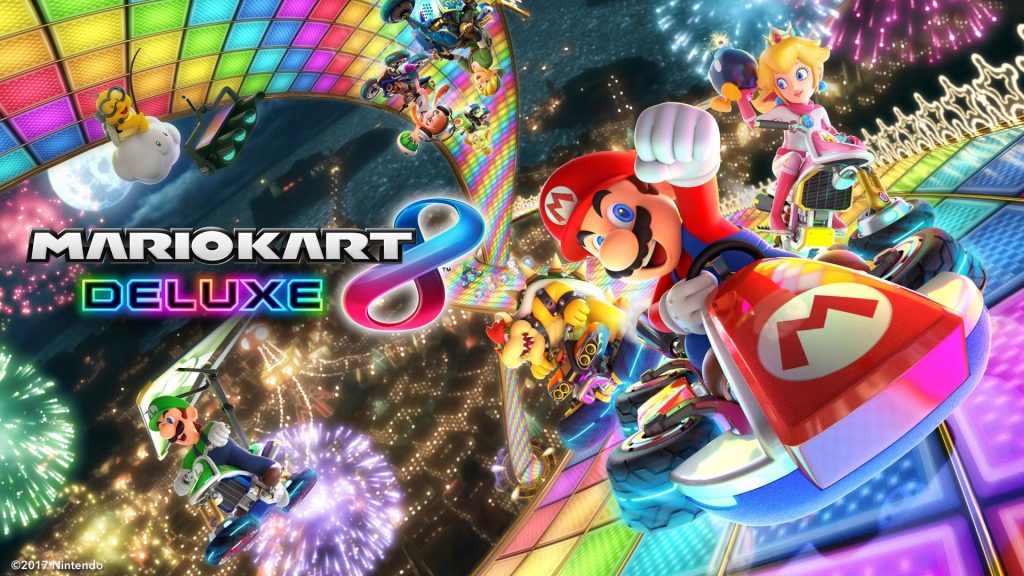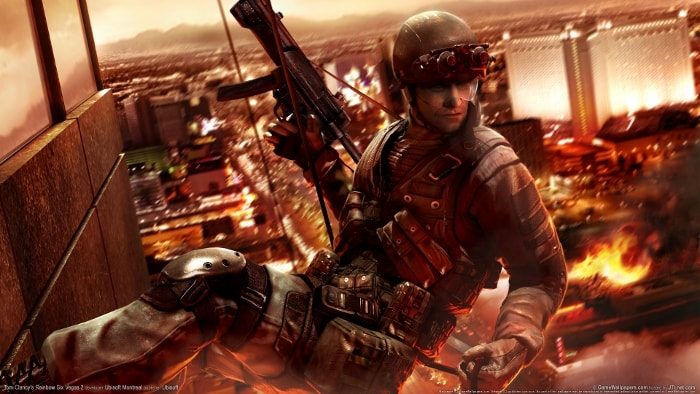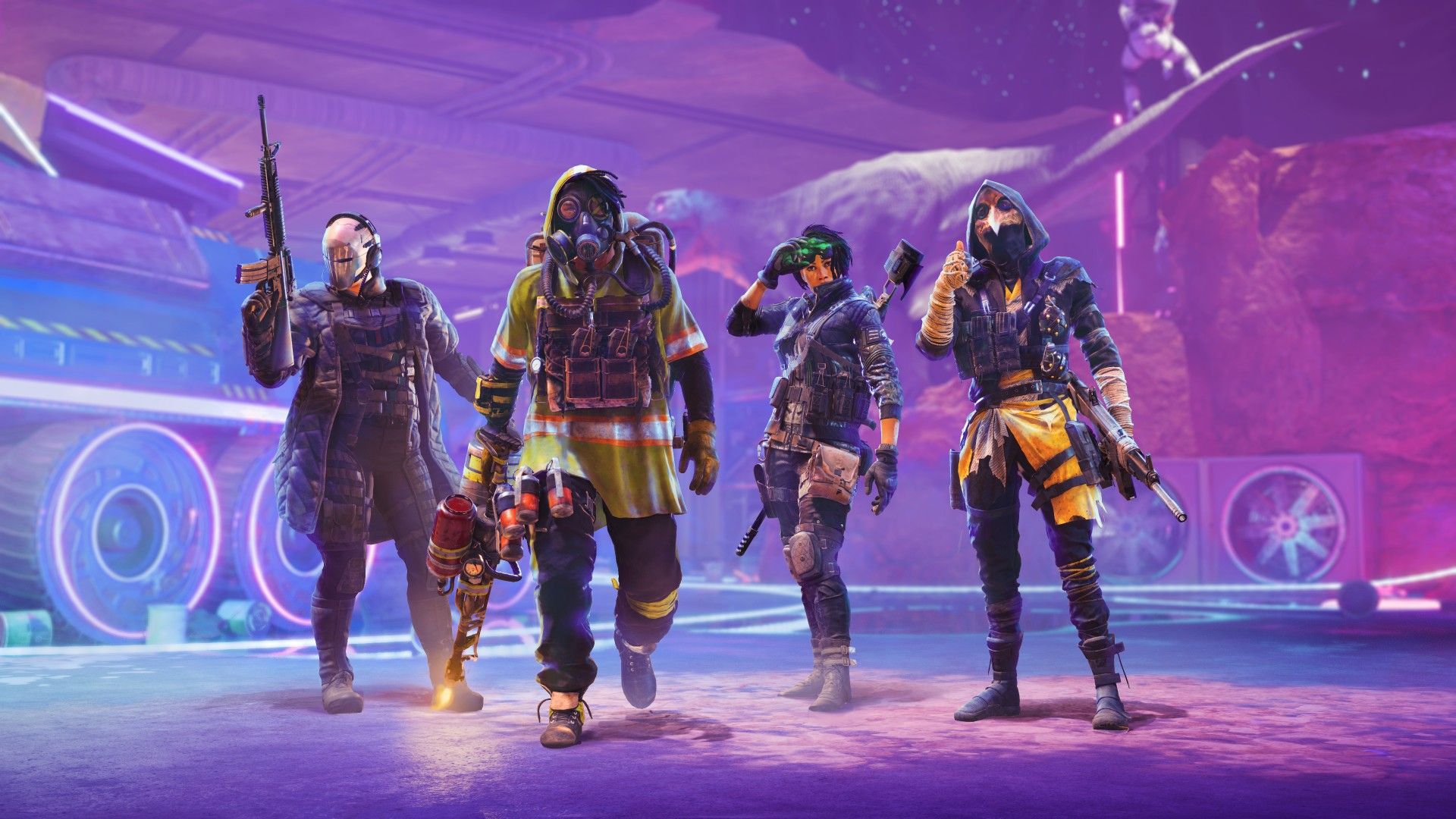
Tom Clancy’s XDefiant hasn’t exactly set the world on fire. Earlier this week, Ubisoft revealed the upcoming multiplayer shooter alongside some developer insight and plenty of gameplay footage showcasing exactly what we can expect from the game. It seems to be a mixture of The Division, Call of Duty, and Fortnite – described by executive producer Mark Rubin as “fast-paced firefights meets punk-rock mosh pit.” I have no idea what that means, and chances are neither do you, but it feels like the game’s attempts to stand out by being wacky and over-the-top have landed it in a malaise that so many similar free-to-play experiences seem to occupy.
Remember Hyper Scape? It was another competitive shooter from Ubisoft, this time in the battle royale sphere, that sported a distinct visual identity and a number of creative mechanical ideas, yet it entered a space where competitors weren’t welcome. Unless you happened to be Warzone, Fortnite or Apex Legends; breaking into the genre has proven almost impossible. Ubisoft tried its best, supporting Hyper Scape with seasonal updates to serve a slowly dwindling audience of players, but it just couldn’t make it stick. Its social media accounts now serve to advertise comic books and remind users of regular challenges, but beyond this – the whole thing feels like a ghost town. It’s only a matter of time until regular updates are stopped entirely.
Related: The Steam Deck Is Perfect For A Lapsed PC Gamer
Games like this are, for lack of a better term, born to die in a landscape where live service experiences need to keep trying until something works. It’s either that, or find yourself in the right place at the right time with a legacy that supports such an expansion. Apex Legends was able to bolster itself up with the excellence left behind by Titanfall, while Warzone has the established pedigree and continued annual releases of Call of Duty to help define its significance. Fortnite is a bit of an irregularity, but it was also the first of its kind and helped establish virtual metaverses and battle passes as an industry standard. These are the big players, and their territory isn’t to be trifled with. Even Battlefield couldn’t crack it, so it doesn’t feel like Ubisoft ever stood a chance. The sad reality is that games take so long to make, so by the time production has started on a product designed to capitalise on a big trend, chances are that the very same symbol of cultural importance has moved on and evolved long before it ships. Like I said before, it’s all about launching in the right place at the right time.
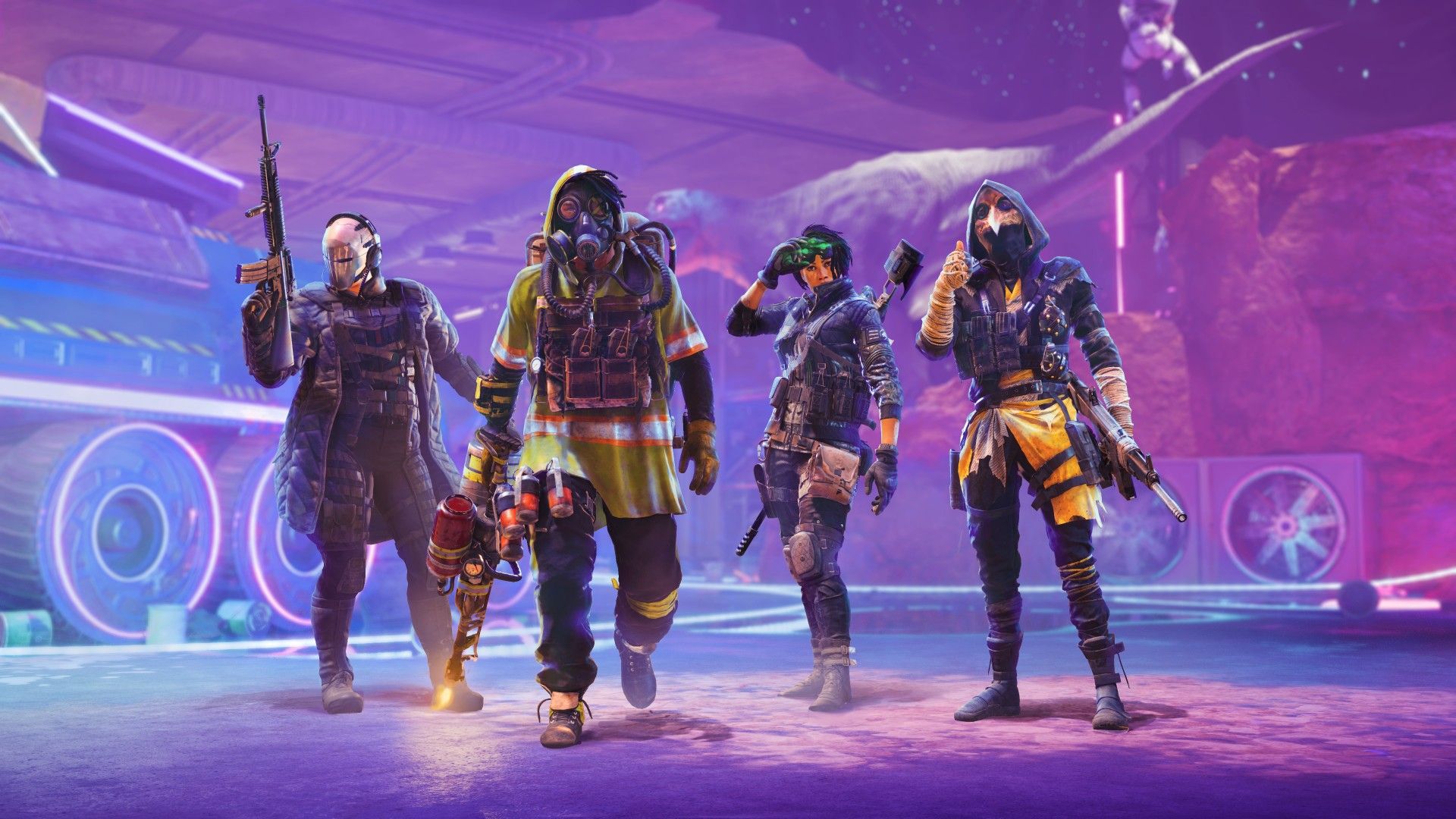
To XDefiant’s credit, it doesn’t seem interested in battle royales at all. Instead, it’s a class-based shooter with characters, skins, and mechanics inspired by classic Ubisoft titles. Its moment-to-moment gunplay looks fantastic, but its tonal delivery and weaponization of nostalgia for the likes of Splinter Cell and Ghost Recon have consumers wishing for something completely different entirely. It’s okay for Microsoft to explore its history in Xbox Game Pass or Nintendo to fill Super Smash Bros Ultimate with wondrous easter eggs because we know perfectly well that fresh ideas will arrive alongside them. For Ubisoft, the publisher has fallen into a habit of rejecting new ideas and sticking with what works for them. Factions in this game are inspired by classic series, so perhaps we’ll see in-universe lore expand upon their roles in this universe and why they decide to don these outfits and support certain ideologies. Exploration like this would be perfect for seasonal updates, but if all of this proves to be visual fan service and nothing more, XDefiant is dooming itself to a lifespan that won’t be able to last alongside its contemporaries.
Fortnite is so fantastic because it is keenly aware of how often it needs to evolve in order to stay relevant. Epic Games now has the capital to license out some of the biggest properties on the planet, whether it be Star Wars or Ariana Grande. It uses these names to draw massive audiences into its free-to-play model, hoping they will stay, pick up the battle pass and engross themselves in the metaverse narrative instead of walking away. Big moments like this force bystanders to sit up and take notice, and if only a small percentage of these people are drawn into the ecosystem, then it’s a victory. Hyper Scape wasn’t able to manage this, and neither has Spellbreak or similar battle royale titles. They likely don’t have the same resources as Epic to make these moments a reality, so they need creativity to help them stand out. It isn’t impossible, as Warzone has shown with only a few fairly dull licensed appearances being mixed in with major events across the changing map that kept me engrossed, even if it was from a fair distance away.
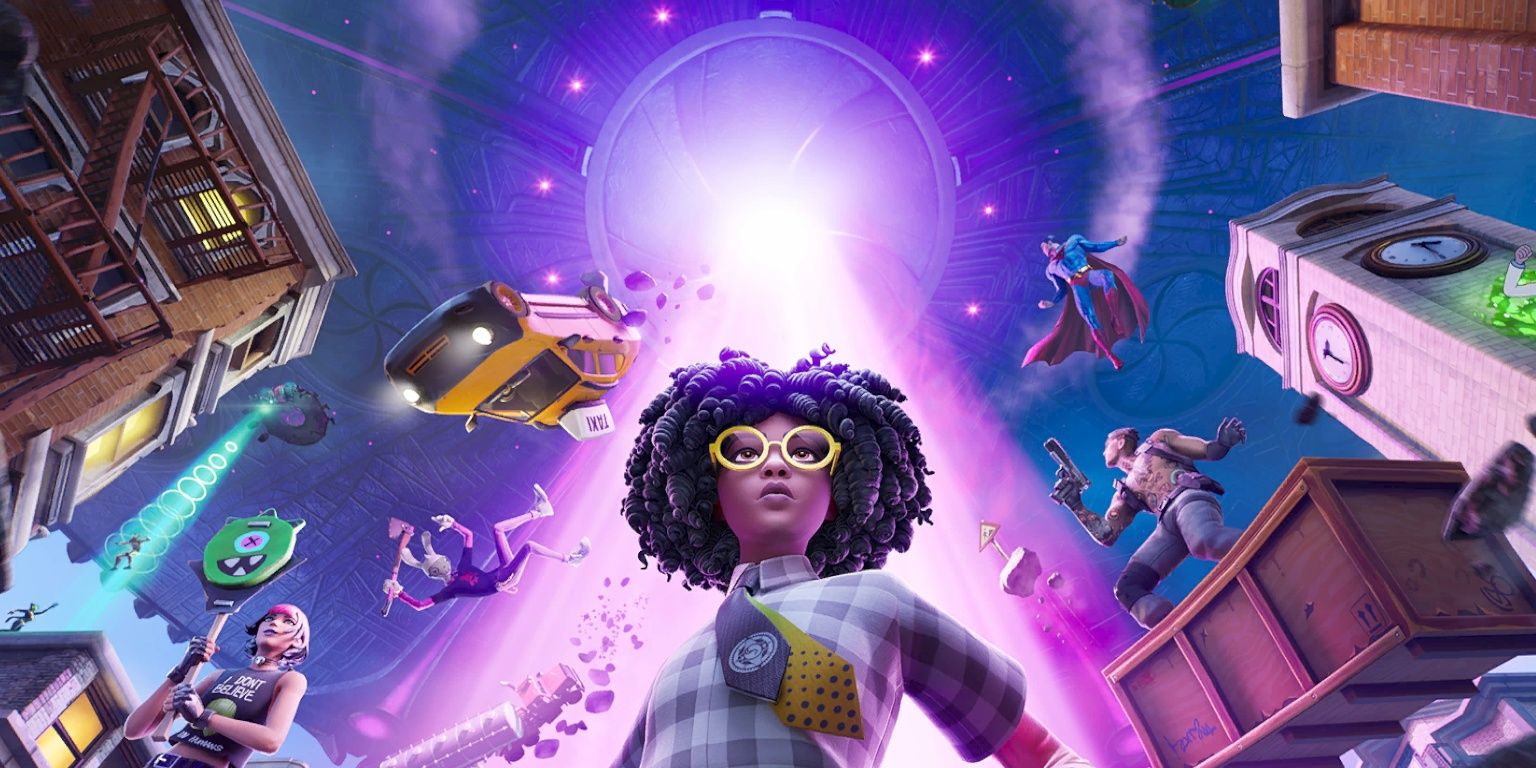
The biggest players in the free-to-play multiplayer space are knowledgeable of their position in the wider zeitgeist, and why players have decided to dedicate themselves to respective games and services. Hyper Scape and Rainbow Six Siege are both shooters of a similar ilk, so Ubisoft runs the risk of cannibalising itself or not having a consistent enough stream of players to keep all of these experiences ticking at an expectant rate. Siege will be massive for years to come, having nailed its seasonal model and become a major player in the world of esports, but Hyper Scape and the upcoming XDefiant have a much tougher battle ahead of them. I desperately wish for games like this to succeed and to try something different in the live service arena than we’ve seen before, but they far too often seem obsessed with chasing trends and copying the components of their rivals while foregoing the exact reasons why these components exist in the first place. It isn’t the gunplay in Fortnite that people care about, it’s the events, skins, seasonal updates, and sense of belonging the game has managed to develop. Fortnite changed the world in so many ways, and other developers need to realise why and continue to innovate upon what it managed to achieve.
Next: Skyward Sword HD Is A Reminder Of How Much The Series Needed To Move On

